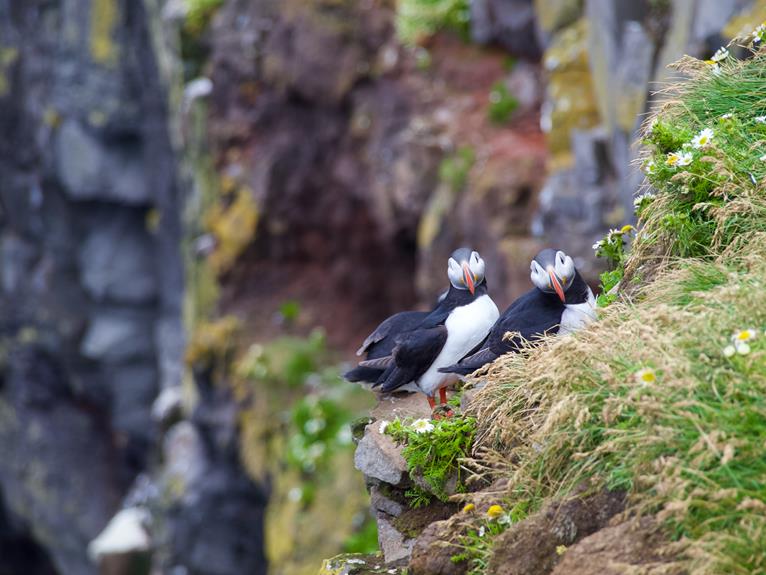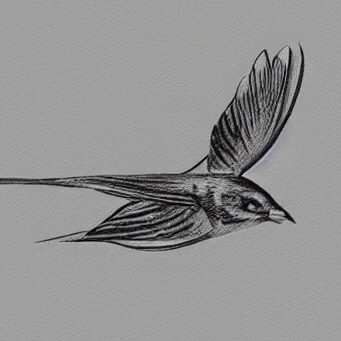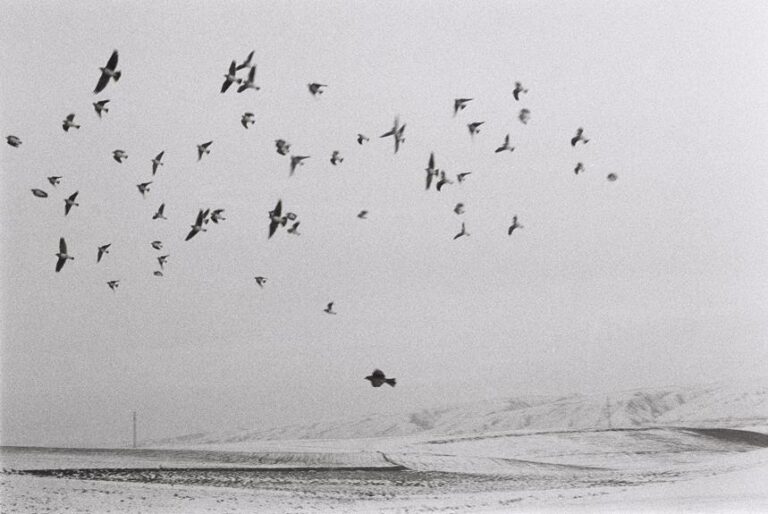Winter presents many challenges for birds, including the need to find adequate food sources. To survive, they rely on a combination of natural foods such as berries, seeds, nuts, and insects.
Water is also essential for hydration and energy. Additionally, bird feeders can supplement their winter diets and help support them in the cold weather.
This article will discuss the bird feeding habits and natural foods consumed in winter, including water sources and hydration, the role of insects, and bird feeders.
Contents
Key Takeaways
- Birds heavily rely on natural food sources such as berries, seeds, and nuts during winter.
- Providing suitable natural food sources is crucial for the survival of birds in winter.
- Water is essential for birds, even during winter, and providing fresh water can be a lifesaver for them.
- Insects provide essential proteins and fats that are not readily available in winter seeds and fruits, making them an important part of birds’ winter diet.
Natural Foods
Where do birds find their essential nutrients and energy in winter when natural food sources become scarce?
Berries, seeds, and nuts are all natural foods that provide much-needed sustenance for birds during the cold months. They are rich in vitamins, minerals, and energy, making them essential for bird survival.
Berries are especially important, as they are the only source of liquid that birds can access in winter. Seeds are a valuable source of fat and protein, while nuts are packed with essential minerals.
Providing suitable natural food sources is crucial for the well-being of birds in winter.
Water Sources
In addition to natural foods, water is also essential for birds in winter, as natural sources may freeze over. Providing fresh water can be a lifesaver for birds, and this can be done through bird baths or shallow dishes.
Hydration is key for birds to survive cold temperatures, and they must have a continuous supply of clean water. Bird feeders can also attract a diverse range of birds, providing supplemental nutrition for them in winter.
Supporting insect populations can furthermore provide a valuable source of food. To ensure birds stay healthy, providing water and food sources during winter is essential.
| Source | Benefits | Challenges |
|---|---|---|
| Natural Foods | Nutrients and energy | Food scarcity |
| Water Sources | Hydration | Frozen sources |
| Insects | Proteins and fats | Low availability |
| Bird Feeders | Supplemental nutrition | Cost |
Insects
Insects provide vital proteins and fats that are not present in many winter seeds and fruits, making them a valuable food source. During winter, birds seek out insects in the form of larvae, caterpillars, and other bugs. Leaving some areas of the garden uncleaned can provide a foraging ground for these insects.
Furthermore, supporting insect populations can help give birds access to the nutrition they need during winter. Insects, however, are not a reliable source of food during winter, as they often become scarce due to cold temperatures and snow.
Therefore, providing alternative sources of food such as bird feeders is essential for the survival of birds during the cold months.
Bird Feeders
Building on the previous discussion about insects, bird feeders are a popular way to supplement birds’ diets during winter. They can provide a variety of foods such as black oil sunflower seeds, suet, and nyjer seeds.
Bird feeders attract a diverse range of birds to backyards, and can help them to survive the winter months. They can be an invaluable source of food when natural sources are scarce, or when water sources freeze over.
Placing bird feeders in an area that is sheltered from predators and provides a good view of the surrounding area can ensure birds stay safe while they feed. Taking the time to research the best foods for the birds in your area is essential to ensure they get the nutrients they need. Bird feeders provide a great way to support your local birds during winter, and can give you the chance to observe them up close.
Winter Foods
Providing suitable winter foods through bird feeders can be a great way to support local birds in the winter months. Black oil sunflower seeds, suet, nyjer seeds, and other nutrient-dense foods can provide essential nutrients and energy for birds in the cold season.
To further supplement their diet, leaving some areas of the garden uncleaned can create foraging grounds for insects, which provide essential proteins and fats.
Additionally, providing fresh water sources can be a lifesaver for birds during winter, when natural sources freeze over.
Survival Strategies
To survive the winter season, birds employ various strategies such as fluffing up their feathers to create insulation and trapping air for warmth, forming flocks to increase their chances of finding food and entering a state of torpor to conserve energy.
In order to cope with the challenges posed by winter, birds may seek shelter in tree cavities, dense vegetation, or man-made structures.
| Strategies | Challenges |
|---|---|
| Fluffing feathers | Food scarcity |
| Forming flocks | Extreme cold temperatures |
| Entering torpor | Frozen water sources |
| Seeking shelter | Snowstorms |
In addition, providing birds with suitable winter foods and water sources can significantly improve their chances of surviving the cold months. Natural food sources such as berries, seeds, and nuts, as well as insects, are essential for birds in winter. Bird feeders and bird baths can be used to supplement birds’ diets and provide them with hydration.
Challenges Faced
Despite their strategies for surviving the winter season, birds still face a wide range of challenges. Food scarcity, extreme cold temperatures, frozen water sources, and snowstorms all take their toll.
Birds must fluff up their feathers to create insulation, seek shelter in tree cavities or man-made structures, and enter a state of torpor to conserve energy.
Flocking together also helps birds increase their chances of finding food and avoiding predators. These strategies are essential for birds to survive, yet are no match for the harsh winter conditions. A combination of food scarcity, unpredictable weather, and frozen water sources can prove too much for some birds.
Supplementing their diet with bird feeders is one way to help birds overcome these challenges and ensure they stay healthy and strong throughout the winter.
Benefits of Feeders
Supplementing their diet with bird feeders can help birds overcome the challenges of winter, providing them with a reliable source of nutrition and energy. Bird feeders offer a wide range of winter foods, including black oil sunflower seeds, suet, and nyjer seeds.
These foods are rich in essential proteins and fats, allowing birds to maintain their health and energy levels in cold weather. Not only do bird feeders provide birds with nutrition, but they also attract an array of birds to our backyards.
By providing a steady source of food, we can help birds endure the harsh winter months and increase their chances of survival.
| Benefits | Details |
|---|---|
| Nutrition | Bird feeders provide essential proteins and fats. |
| Energy | Foods can help birds maintain their energy levels. |
| Variety | A range of winter foods are available. |
| Attractiveness | Bird feeders attract an array of birds. |
| Survival | A steady source of food increases chances of survival. |
Conclusion
Winter is a difficult season for birds, as they must find creative ways to survive and maintain their health. Natural food sources such as berries, seeds, and nuts, as well as water sources, insects, and bird feeders, all contribute to their winter diet.
By understanding the challenges birds face in winter and the strategies they employ, we can provide the necessary nourishment and support to help them thrive.






